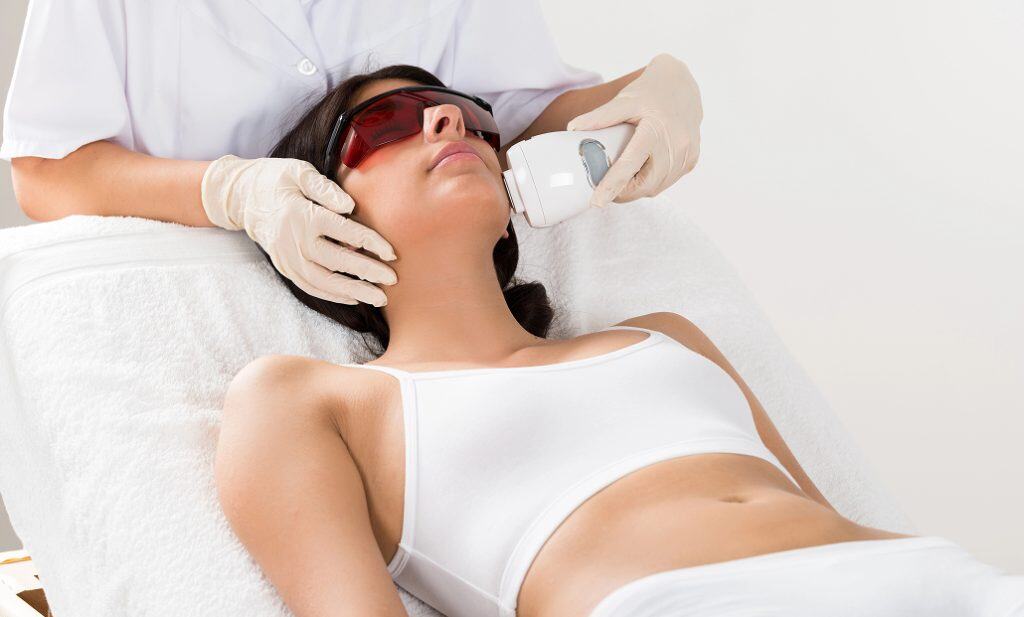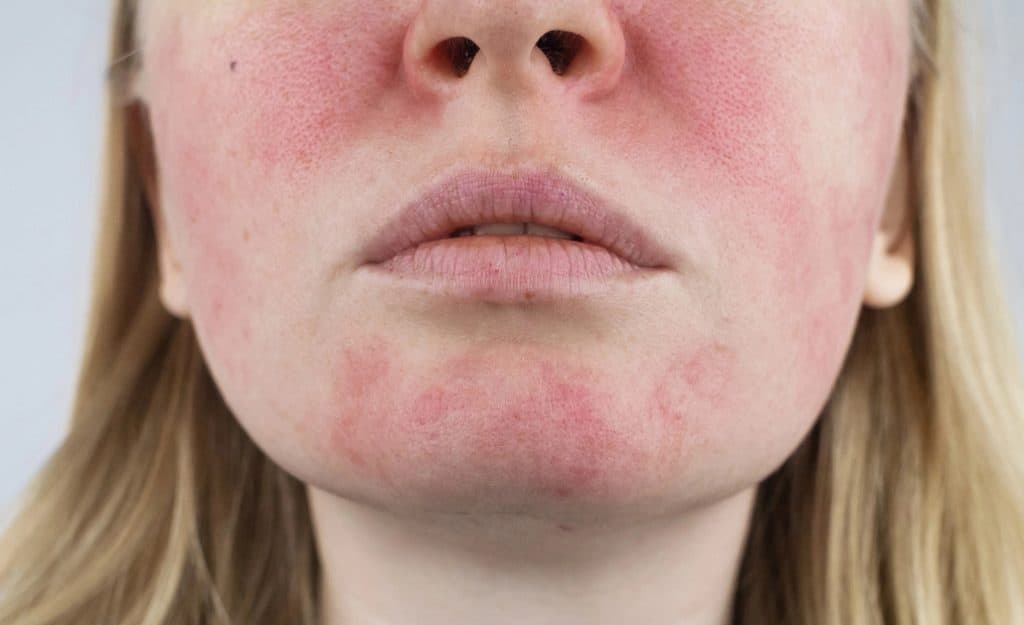Sleep is often treated as a passive state, yet it is one of the most powerful regulators of hormonal health. Beyond just quantity, subtle variations in timing, consistency, and sleep quality influence cortisol, testosterone, estrogen, insulin, and growth hormone in ways few discussions highlight. For adults navigating midlife, understanding how these patterns interact with daily habits offers a proactive path to enhanced energy, libido, metabolic balance, and long-term vitality that goes beyond conventional “sleep advice.”
How Sleep Influences Hormones: Understanding the Connection
Sleep is not merely a pause from daily life—it is an active period where the body calibrates its hormonal networks. Cortisol naturally peaks in the morning to support alertness, but disrupted sleep can flatten this rhythm, leaving energy low and stress responses elevated. Testosterone and estrogen rely on deep, uninterrupted sleep for production, impacting libido, mood, and metabolic function. Growth hormone, critical for tissue repair and muscle maintenance, is primarily released during slow-wave sleep, while insulin sensitivity is optimized through consistent rest. Even small deviations in sleep timing or quality can ripple across these systems, subtly undermining hormonal balance. Recognizing these interactions allows adults over 35 to see sleep as a strategic tool for long-term vitality and performance.
Common Sleep Disruptors and Hormonal Consequences
Even subtle disturbances in sleep can ripple through the endocrine system, impacting energy, metabolism, mood, and sexual health. Many factors—lifestyle, environment, and biology—play a role in disrupting restorative sleep and, in turn, hormone balance:
- Irregular Sleep Patterns and Circadian Misalignment: Going to bed and waking up at inconsistent times confuses the body’s internal clock. Cortisol may remain elevated at night, melatonin production becomes delayed, and insulin sensitivity can decline, increasing the risk of weight gain and metabolic disruption.
- Midlife Hormonal Shifts: In men and women over 35, natural declines in sex hormones and changes in adrenal function can disrupt sleep architecture. Perimenopause, menopause, and andropause can cause night sweats, hot flashes, or restless sleep, further amplifying cortisol imbalances and reducing restorative deep sleep.
- Stress and Mental Load: Chronic stress keeps the HPA axis activated, elevating evening cortisol and making it difficult to transition into deep, slow-wave sleep. This cascade can suppress testosterone, disrupt estrogen balance, and reduce growth hormone release needed for tissue repair.
- Environmental Factors: Light exposure, temperature, and noise significantly affect sleep quality. Blue light from screens suppresses melatonin, while warm sleeping environments or external noise can fragment sleep cycles, reducing both REM and deep-sleep phases essential for endocrine regulation.
- Diet and Stimulants: Late caffeine, alcohol, or heavy meals can spike cortisol, insulin, and blood sugar levels at night. Sugar-rich snacks before bed increase insulin secretion, while alcohol may induce sleep initially but disrupt slow-wave and REM cycles, impairing hormone-driven recovery processes.
- Underlying Sleep Disorders: Conditions such as sleep apnea, restless leg syndrome, or insomnia can chronically alter hormonal signaling. Repeated oxygen deprivation in sleep apnea elevates cortisol and disrupts growth hormone pulses, while insomnia can suppress testosterone and estrogen over time.
- Lifestyle Timing and Activity Levels: Exercising too close to bedtime or overtraining can elevate cortisol when it should be declining. Conversely, a sedentary day reduces sleep pressure, making it harder to achieve deep, restorative sleep necessary for hormone optimization.
Understanding these disruptors highlights that improving sleep requires more than “sleep longer”; it demands addressing timing, environment, lifestyle, and underlying biological changes to protect hormonal balance.
Evidence-Based Strategies for Better Sleep and Hormone Health
Optimizing sleep for hormonal balance requires targeted, research-backed approaches rather than generic advice. Consistent sleep and wake times strengthen circadian rhythms, stabilizing cortisol and melatonin cycles. Creating a cool, dark, and quiet environment enhances slow-wave sleep, critical for growth hormone release and tissue repair. Evening routines that reduce stress—such as meditation, journaling, or gentle stretching—lower cortisol and promote deeper rest. Nutrition also plays a role: limiting late-night caffeine, sugar, and alcohol supports insulin and sex hormone regulation, while magnesium, tryptophan, and zinc-rich foods can improve sleep onset and quality. Even small, deliberate changes in routine can produce measurable improvements in energy, metabolism, and endocrine health.
Biohacking Sleep for Hormonal Balance
Biohacking sleep goes beyond traditional habits, using precise adjustments to enhance endocrine function and optimize hormone balance. Aligning with natural circadian rhythms—waking with sunrise and dimming lights in the evening—can reinforce melatonin production and regulate cortisol. Strategic use of blue-light blocking glasses, timed exposure to natural light, and temperature control in the bedroom fine-tune the environment for deep, restorative sleep. Wearable devices that monitor sleep stages can identify subtle disruptions in slow-wave or REM cycles, allowing targeted interventions. Even micro-habits, such as brief pre-sleep meditation or breathwork, can lower evening cortisol, enhance growth hormone release, and stabilize insulin, turning sleep into a proactive tool for energy, libido, and metabolic resilience.
Putting It All Together: Creating a Personalized Sleep Plan
Creating a sleep plan that supports hormonal balance means tailoring habits to your unique biology and lifestyle. Start by tracking sleep patterns and identifying disruptions—whether due to stress, environment, or lifestyle. Align bedtime and wake time with natural circadian rhythms and optimize light exposure throughout the day. Integrate pre-sleep rituals such as gentle stretching, breathwork, or journaling to lower cortisol and prepare the body for deep restorative sleep. Adjust nutrition and limit stimulants in the evening, while incorporating supportive supplements when appropriate. Layering these strategies consistently allows for measurable improvements in energy, libido, metabolism, and overall endocrine resilience, turning sleep into a proactive tool for long-term vitality.
Conclusion
Sleep is a cornerstone of hormonal health, influencing cortisol, testosterone, estrogen, insulin, and growth hormone in ways that impact energy, metabolism, libido, and overall vitality. Small, consistent adjustments to sleep timing, environment, stress management, and nutrition can create lasting improvements in endocrine balance. By understanding and optimizing these factors, adults over 35 can proactively support their long-term health and performance. If you’re ready to take control of your sleep and hormone health, visit LifeGaines Medical and Aesthetics Center or call (561) 931-2430 to schedule an appointment with our expert team and start building a personalized strategy for restorative, hormone-supportive sleep.

Dr. Richard Gaines is the Chief Medical Officer of LifeGaines Med Spa in Boca Raton. He attended the Boston University School of Medicine, completed an internship at the Tufts University of Medicine, and his residency at the Harvard School of Medicine. Today, Dr. Richard Gaines is at the forefront of the rapidly evolving sexual health paradigm. He continues to innovate with new anti-aging treatments to enhance and extend the lives of his patients. His effective forms of regenerative medicine, hormone therapy, and wellness treatments are designed to help people of all ages improve their energy, drive, sexual health, and overall wellness goals.


